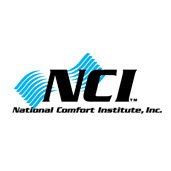Things To Consider When Purchasing An AC System
- By Admin
- •
- 06 Aug, 2018
- •
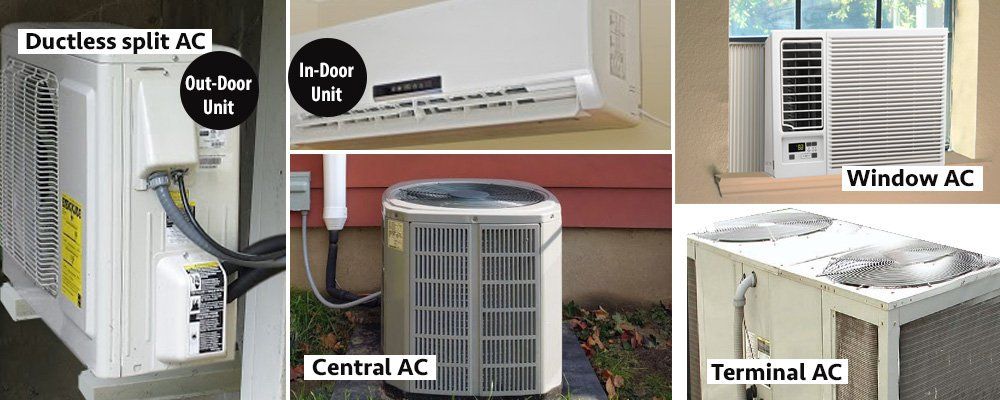
Air conditioners are still the best option if you are looking for a machine to cool your environment. Not only are ACs simple to use, but they can efficiently of shift temperatures from hot to cold. However, when it comes to buying the perfect air conditioning unit, you just can’t point and pick the fanciest system in the store. If you want to efficiently cool your indoors, you need to consider a couple of things when looking for the right AC.
Measurements
Air conditioners come in various shapes and sizes to accommodate all kinds of spaces. There are some that can cool larger areas, while others perfectly fit studio-size apartments. It is crucial to get your potential AC’s size correct the first time. If you don’t, setting up the system is going to be a headache. You have to go all the way back to the store where you purchased the wrong unit and ask for the correct size before installing the AC. What’s more, if you’ve equipped your room with the wrong-sized unit, the system will have a harder time keeping the place cool.
Type Of AC Unit
Having a variety of AC units allows all kinds of properties to effectively keep their rooms cool. There are air conditioners created for huge commercial spaces, while others work better in smaller areas. If you are unfamiliar with the types of AC units, here is a list of what you’d expect to see:
- Window air conditioner – the most common
- Through-the-wall air conditioner – similar to window ACs but heavier
- Portable air conditioners – mobile, self-contained, and freestanding on the floor
- Ductless mini-split system – a self-contained unit that comes in two parts but requires less space
- Central air conditioners – expensive, but delivers excellent comfort levels and improved technology
- Packaged terminal air conditioners – often found in hotels and offices
Energy Efficient AC, Yes Or No?
Modern air conditioning units now have high energy efficiency options. This means that you can set your unit to energy saving or eco-friendly mode to reduce your energy consumption. In the long run, lowering your energy usage does help you save some cash. But there are some properties that do not need to have a system that has energy-saving options. Why? Because even when energy efficient ACs lower your electricity bill, the unit itself can be expensive. You have to know how often you are going to use the unit. If you are planning to turn on the AC a couple of times a week, then an energy efficient system is for you. However, if you are only going to use it a few times a year, you can purchase a cheaper unit.
If you are still undecided on what type of unit to get, contact Tony’s Heating & Cooling for help. We provide outstanding air conditioning units for properties located in Saint Clair and Macomb Counties, MI. We have a system that can fit perfectly in your home, so give us a call at (586) 725-8669.
If you are still undecided on what type of unit to get, contact Tony’s Heating & Cooling for help. We provide outstanding air conditioning units for properties located in Saint Clair and Macomb Counties, MI. We have a system that can fit perfectly in your home, so give us a call at (586) 725-8669.
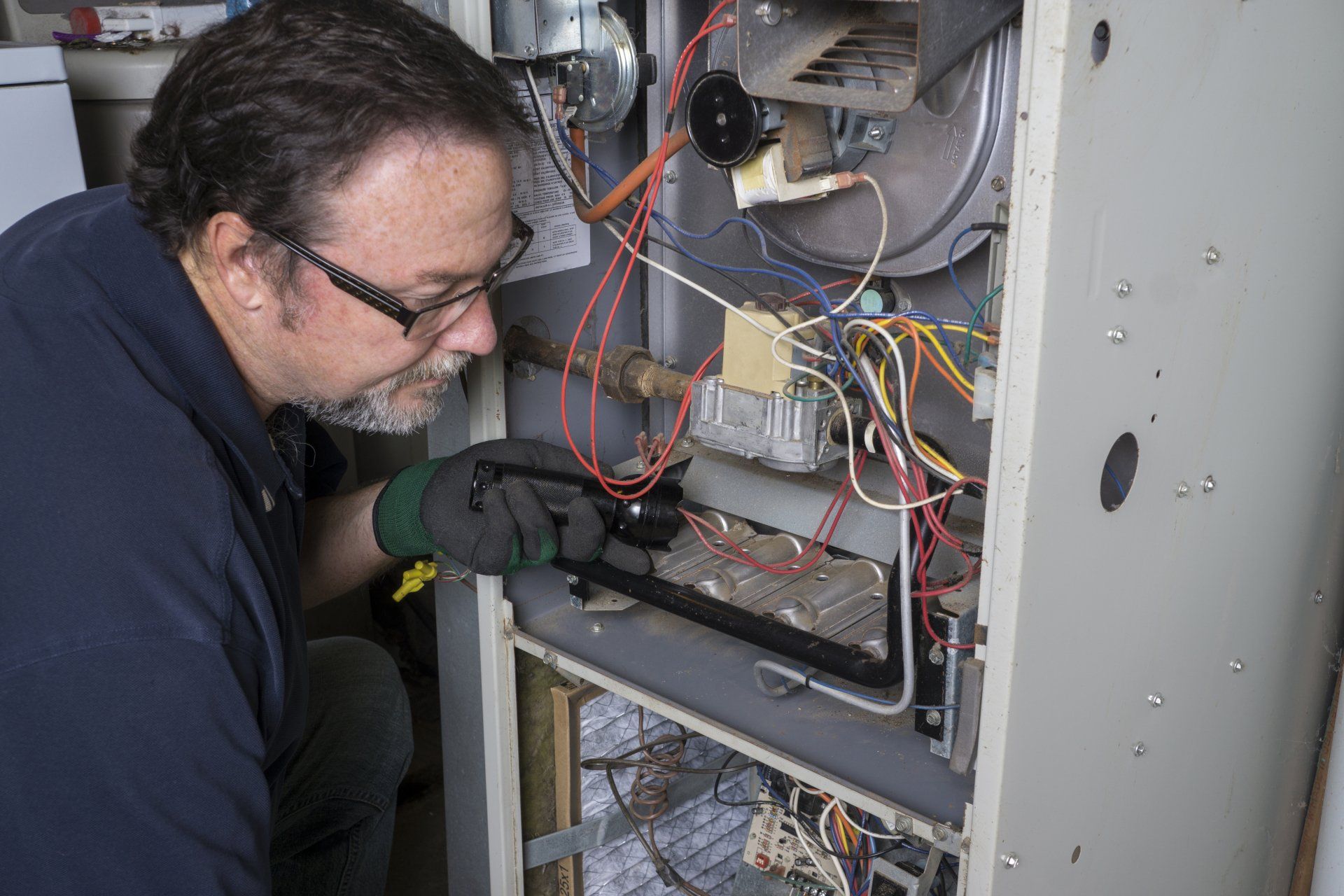
- Set your programmable
thermostat as low as is comfortable in the winter and lower the setpoint when
you're sleeping or away from home.
- Clean or replace filters on
furnaces once a month or as recommended.
- Clean warm-air registers,
baseboard heaters, and radiators as needed; make sure they're not blocked by
furniture, carpeting, or drapes.
- Eliminate trapped air from
hot-water radiators once or twice a season; if unsure about how to perform this
task, contact a professional.
- Place heat-resistant radiator
reflectors between exterior walls and the radiators.
- Turn off kitchen, bath, and
other exhaust fans within 20 minutes after you are done cooking or bathing;
when replacing exhaust fans, consider installing high-efficiency, low-noise
models.
- During winter, keep the
draperies and shades on your south-facing windows open during the day to allow
the sunlight to enter your home and closed at night to reduce the chill you may
feel from cold windows.
Heating your home uses more energy and costs more money than any other system in your home -- typically making up about 42% of your utility bill.
No matter what kind of heating system you have in your house, you can save money and increase your comfort by properly maintaining and upgrading your equipment.
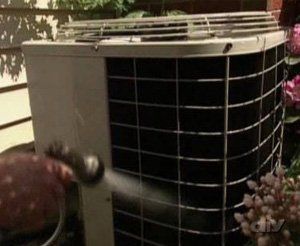
When you notice your surroundings getting warmer and your home feeling the effects, you power on your air conditioning system to keep things cool. However, it isn’t wise to use your AC for an extremely long period of time because overworking the air conditioner can cause it to malfunction much sooner.
It’s tough to balance your AC usage and home comfort but it isn’t impossible. Here are a few things you can do to ensure that you stay cool during hot summer months without overworking your AC:
It’s tough to balance your AC usage and home comfort but it isn’t impossible. Here are a few things you can do to ensure that you stay cool during hot summer months without overworking your AC:
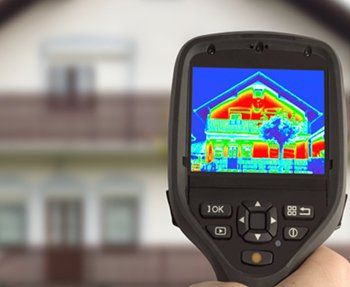
If you have not had a home energy evaluation, it’s high time you have one. Getting your home evaluated is necessary to find out where you should focus on making improvements that will make your home more energy efficient. Without a home energy evaluation, you may find yourself with rising energy costs that you don’t know how to address.
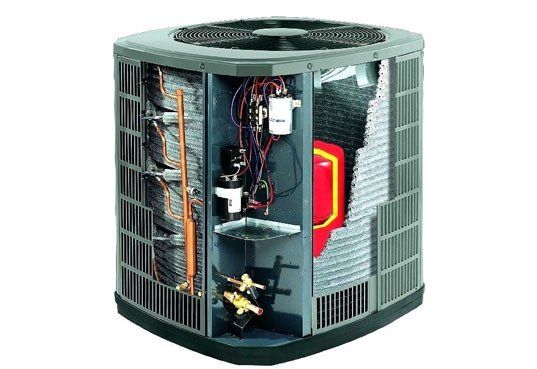
If you’re wondering how your AC turns warm air into cool air that keeps your home comfortable during warm days, then wonder no more. AC systems use refrigerants to cool the warm air that your AC takes in from your home. Also called coolants, this is what cools the air after it travels through the other parts of your air conditioning system. The cooling process happens in the evaporator and/or condenser coils of your AC system.





